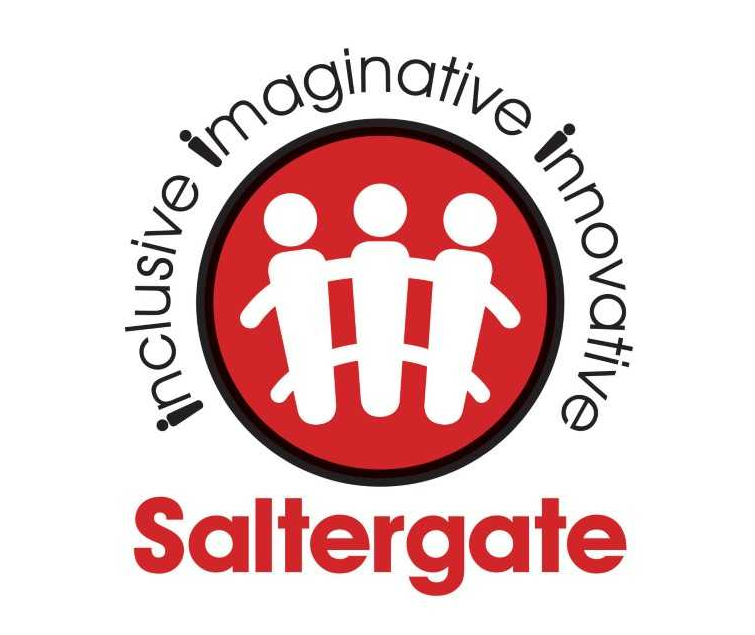Pupil Premium
What is Pupil Premium Funding?
Pupil premium is funding to improve education outcomes for disadvantaged pupils in schools in England. Evidence shows that disadvantaged children generally face additional challenges in reaching their potential at school and often do not perform as well as other pupils.
Please find our statements, strategy Document and projected spending at the bottom of the page.
Pupil eligibility and funding rates 2022 to 2023
| Pupil eligibility criteria | Amount of funding for each primary-aged pupil per year | Amount of funding for each secondary-aged pupil per year | Funding is paid to |
|---|---|---|---|
|
Pupils who are eligible for free school meals, or have been eligible in the past 6 years (including eligible children of families with no recourse to public funds) |
£1,385 | £985 | School |
|
Pupils who have been adopted from care or have left care |
£2,410 | £2,410 | School |
|
Children who are looked after by the local authority |
£2,410 | £2,410 | Local authority |
Pupil eligibility and funding rates 2023 to 2024
| Pupil eligibility criteria | Amount of funding for each primary-aged pupil per year | Amount of funding for each secondary-aged pupil per year | Funding is paid to |
|---|---|---|---|
| Pupils who are eligible for free school meals, or have been eligible in the past 6 years (including eligible children of families with no recourse to public funds) | £1,455 | £1,035 | School |
| Pupils who have been adopted from care or have left care | £2,530 | £2,530 | School |
| Children who are looked after by the local authority | £2,530 | £2,530 | Local authority |
Service pupil premium (SPP)
Service pupil premium is additional funding for schools, but it is not based on disadvantage. It has been combined into pupil premium payments to make it easier for schools to manage their spending.
Pupils in state-funded schools in England attract service pupil premium funding, at the rate of £320 per eligible pupil in 2022 to 2023, and £335 per eligible pupil in 2023 to 2024, if they meet one or more of the following criteria:
- one of their parents is serving in the regular armed forces (including pupils with a parent who is on full commitment as part of the full-time reserve service, and also pupils whose parent is serving in the armed forces of another nation and is formally stationed in England) – and they are recorded in the October school census as being a ‘service child’
- they have previously been registered as a ‘service child’ in any school census in the last 6 years
- one of their parents died while serving in the armed forces, and the pupil receives a pension under the Armed Forces Compensation Scheme or the War Pensions Scheme
This funding is primarily to help with pastoral support. It can also be used to help improve the academic progress of eligible pupils if the school deems this to be a priority.
Free School Meals
If you get certain benefits, your child could also qualify for free school meals during all school years. To qualify you must be receiving:
- Universal Credit, provided you have an annual net earned income of no more than £7,400, as assessed by earnings from up to three of your most recent assessment periods (£616.67 per month)
- Income Support
- Income-based Jobseeker’s Allowance
- Income-related Employment and Support Allowance
- Support under part six of the Immigration and Asylum Act 1999
- The guarantee element of Pension Credit
- Child Tax Credit, provided you are also not entitled to Working Tax Credit and have an annual household gross income that does not exceed £16,190 (as assessed by HMRC)
- Working Tax Credit run-on, paid for four weeks after you stop qualifying for Working Tax Credit
Please note that contributions-based benefits, including contribution-related Jobseekers' Allowance do not entitle you to claim free school meals.
If you think your child may qualify for Free School Meals / Pupil Premium Funding please click here.

For more information please visit the Pupil Premium page on the DfE website here.
